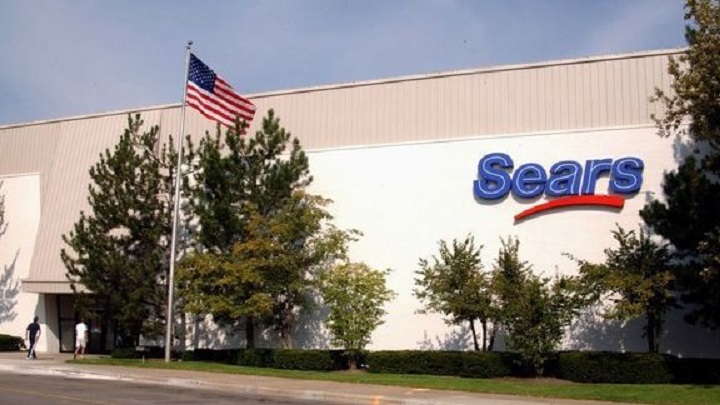Despite news of additional store closures, Sears Holdings Corp (NASDAQ:$SHLD) fought back from its potential doom thanks to Bruce Berkowitz, a board member at Sears Holdings and founder of the Fairholme Fund (MUTF:$FAIRX). Berkowitz gave the company’s shares a bullish endorsement despite its recent struggles. Besides Berkowitz’s belief in a comeback for Sears, the retail company’s stock also went up due to a potential short squeeze. According to S&P Global Market Intelligence, Sears’ stock rose by 20% in the month of June — mostly following Berkowitz’s endorsement and short traders attempting to cover their bets.
Sears’ gain came mostly in the last week of June. For most of the month, the retailer’s shares were consistently on a downtrend with the retail company announcing it will be closing 20 more of its locations in addition to the 245 stores already closed this month. Sears Canada had declared bankruptcy, pushing many to believe that Sears Holdings Corp will follow closely behind.
Given its recent streak of bad news, shareholders and investors alike were probably quite surprised when the Sears stock began to climb on June 22, then continued to rise for the next eight trading sessions. Before the gains, Sears’ stock had been quite volatile as traders took advantage of its short-term swings. The sudden surge — sparked mainly by Berkowitz’s comment of how he valued Sears’ real estate at around $90-$100 per share — caused short-sellers to close out their bets, allowing the stock to rise even more. Before Berkowitz’s confirmed his belief in the stock, it was trading near its 52-week low.
While its stocks have risen, investors shouldn’t be too quick to invest in it without doing thorough research. Sears has suffered along with the industry as it spiraled because of rising e-commerce sales. Since 2010, the retailer has reported operating losses — often at a price range of around $1 billion or more. With comparable sales still falling, it does looks like this year’s operating loss will be quite high as well.
Additionally, some investors have posed quite a good argument against Berkowitz’s valuation of Sears’ real estate. Berkowitz’s argument doesn’t hold quite as well when one considers the fact that Sears has spun off several of its stores into Seritage Growth Properties (NYSE:$SRG). As well, value of real estate doesn’t exactly make up for years of operating losses.
The gain Sears saw was short-lived — like many retailers, the company’s future looks quite bleak. As of July 5, 2017, Sears’ stock has gone down again.
Featured Image: twitter










